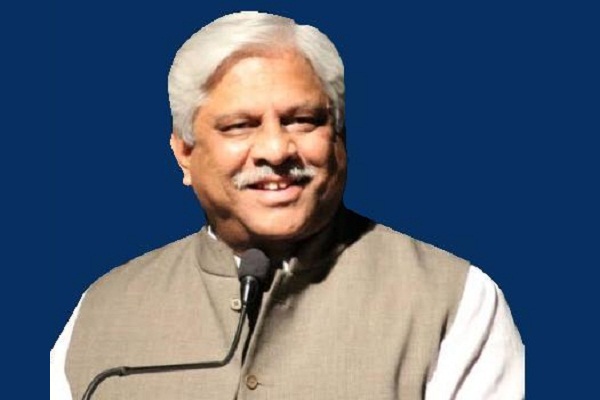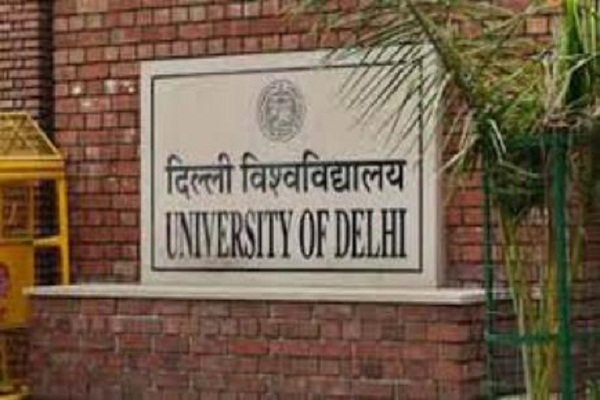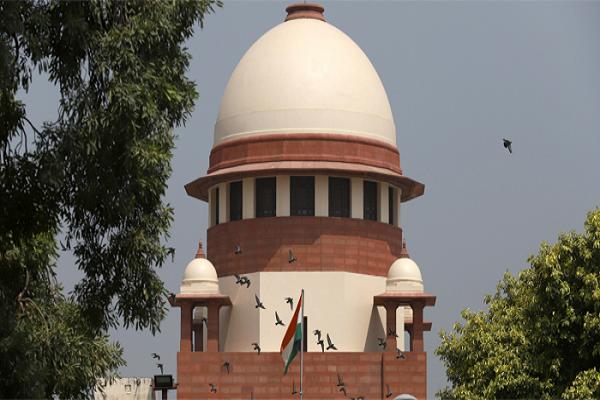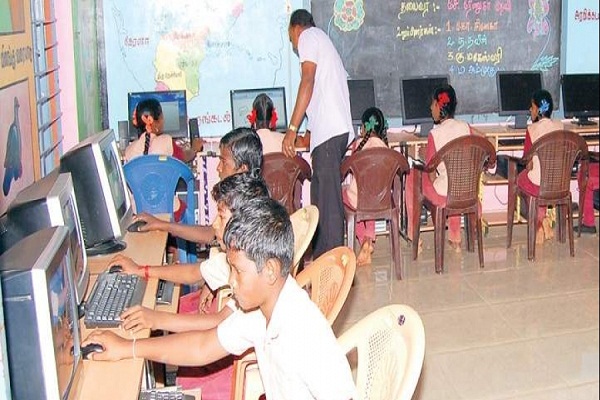Mayo College was established in 1875 to provide holistic education to its students. This is a notion that resonates through the NEP of 2020. A balanced preparation of the mind, body and soul, underpinned by a solid foundation of cultural values has been the hallmark of our education model. Agility and responsiveness to changing circumstances have enabled us to remain relevant and contemporar.
We take pride in our vast, verdant, functional and sustainable 187 acre Campus that weleverage as a Classroom. At Mayo, each student designs his own private, individual and personalized learning space. Our Campus is flexible, fluid, adaptable and dynamic. We realized that learning cannot be fettered or structured by formal environs and therefore made it happen elsewhere and everywhere. It is here that we integrate various disciplines and have an unstructured and unorthodox look at learning. The Campus, for us, is a living, breathing entity that blends with the need of our learner and lends itself to the new hybrid approach for both synchronous and asynchronous transactions.
A comprehensive, intensive and rigorous safety and security protocol is in place which has been further bolstered with practice and precision. We are redesigning health and hygiene protocols in light of the recent developments.The maintenance and pending construction has been taken up with an eye on art and aesthetics.The Amphitheatre which seats 2000 persons, and an Art Gallery soon, complements the historic Bikaner Pavilion. The upcoming AI Lab and the experimental learning space will add to the skills development area which offers hands on learning from woodwork to 3D printing.
Also read: B-Schools: Preparing Students for a Tech-Driven Industry
Technology at Mayo is ubiquitous, yet non-intrusive. The optical fibre layout set up in 2005 has enabled a campus wide internet. The Mayo Organic Farm, the Mayo Stable and the College Museum, already popular places of learning, are being further expanded to accommodate staggered attendance. Museology is the mainstay of Object Based Learning and we are further enriching our Museum Tool Kit. We are blessed to have a large museum of our own. The Mayo Lake is a popular place for Boys, both for learning and recreation, not to mention the sporadic water Bodies in our 9 – Hole Golf Course.
We went into self-quarantine in early March this year, well before the first Lockdown was imposed. After the Boys left the Campus safely, we had an interstice of time to augment the skilling of Staff to deliver virtually. Our intensive training program held three years earlier facilitated a seamless transition to online teaching. Simultaneously, we opened up multiple channels for the parents to communicate with the School. The Class Masters, Subject Teachers and Pastoral Care Staff extensively communicated with the Parents to allay their apprehensions. We strengthened the House Tutorial System, organized various Co-curricular Activities and redesigned our Assessments to suit the need of the Virtual Platform.
The pedagogy at Mayo is indigenous and therefore requires inclusive and integrated infrastructure. It is an apt amalgamation of the teacher, technology, campus, and at the core of it all, our boys. The rest are peripheral to catalyse a seamless learning experience. The blend of various disciplines needs a dynamic time-table which might appear chaotic to the uninitiated. For us, it is learning at its best. It is here that the Boys need elbow space which we have no dearth of.
The Music School, the Art School and the Technical Skill Development Centre and other amenities have all gone Virtual. At Mayo, Boys design a covert niche to live, learn and grow – a place they can call their second home.
Mayo College remains future ready by leveraging tradition and technology to give maximum pedagogical autonomy to our faculty, the bedrock of our diffused leadership model.





























